CONTACT US
-
Gastronaut Clinic
3, Lilac Garden CHS, Opp. Metro Link Hotel, After Ganesh Chowk, Near Anand Nursing Home, Charkop, 90 Feat Road, Kandivali West, Mumbai – 400067. - Timing : Mon – Sat (6:00 PM To 8:00 PM)
- (+91) 8369414120
-
Gastronaut Clinic
Raj Oaks Building, 301, 3rd floor, MTNL Road, Near Don Bosco School, Mira Road East. - Timing : Mon, Wed, Thur (4:00 PM To 5:00 PM)
- (+91) 8369414120
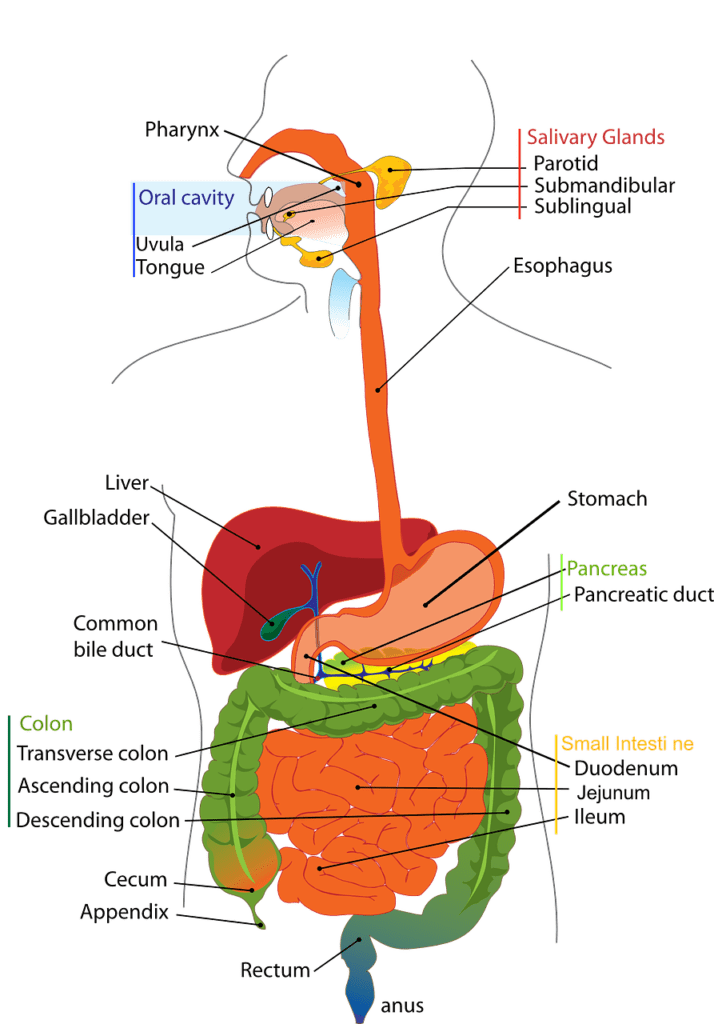
Gastroenterology
Gastroenterology is the study of the normal function and diseases of the esophagus, stomach, small intestine, colon and rectum, pancreas, gall bladder, bile ducts and liver. It involves a detailed understanding of the normal action (physiology) of the gastrointestinal organs including the movement of material through the stomach and intestine (motility), the digestion and absorption of nutrients into the body, removal of waste from the system, and the function of the liver as a digestive organ. It includes common and important conditions such as colon polyps and cancer, hepatitis, gastroesophageal reflux (heartburn), peptic ulcer disease, colitis, gallbladder and biliary tract disease, nutritional problems, Irritable Bowel Syndrome (IBS), and pancreatitis. In essence, all normal activity and disease of the digestive organs is part of the study of Gastroenterology.
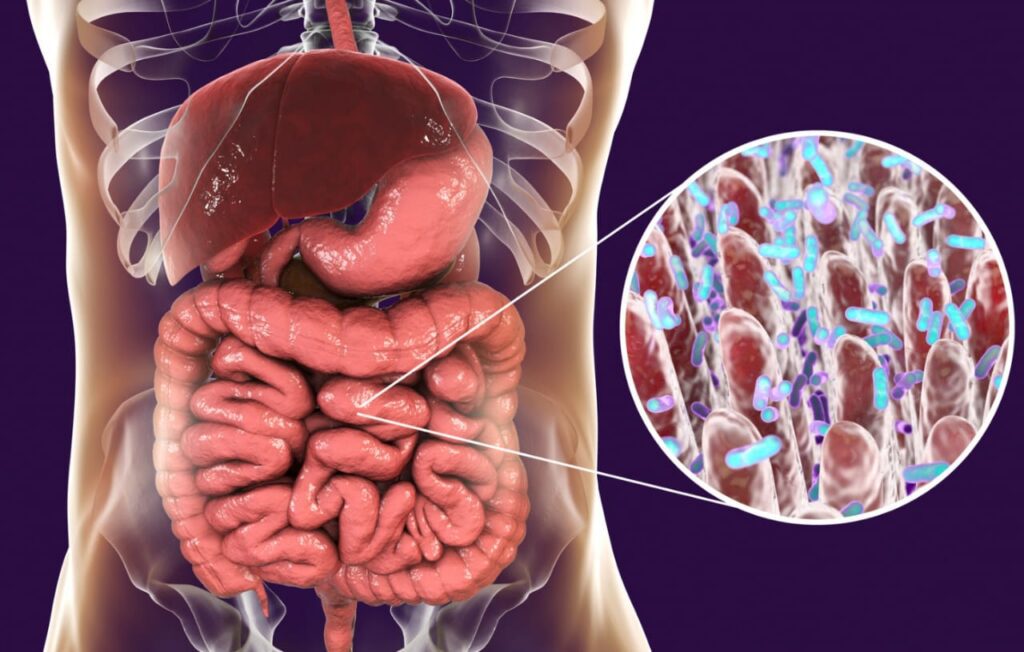
Scope of Gastroenterology
Gastroenterology is a medical specialty that focuses on the diagnosis and treatment of diseases and disorders affecting the digestive system. This branch of medicine covers a wide scope of conditions, ranging from common issues like acid reflux and irritable bowel syndrome to more complex disorders such as inflammatory bowel disease and liver cirrhosis. Gastroenterologists are trained to perform various diagnostic procedures, including endoscopies, colonoscopies, and imaging studies, to identify and evaluate problems affecting the esophagus, stomach, small intestine, colon, liver, pancreas, and gallbladder. They possess extensive knowledge of the intricate workings of the digestive system, enabling them to provide accurate diagnoses and develop effective treatment plans tailored to each patient's needs. Additionally, gastroenterologists work closely with other healthcare professionals, including surgeons, dietitians, and oncologists, to deliver comprehensive care to individuals suffering from gastroenterological conditions. Ultimately, the vast scope of gastroenterology ensures that patients with digestive system-related concerns receive the specialized medical attention required for their health and well-being.
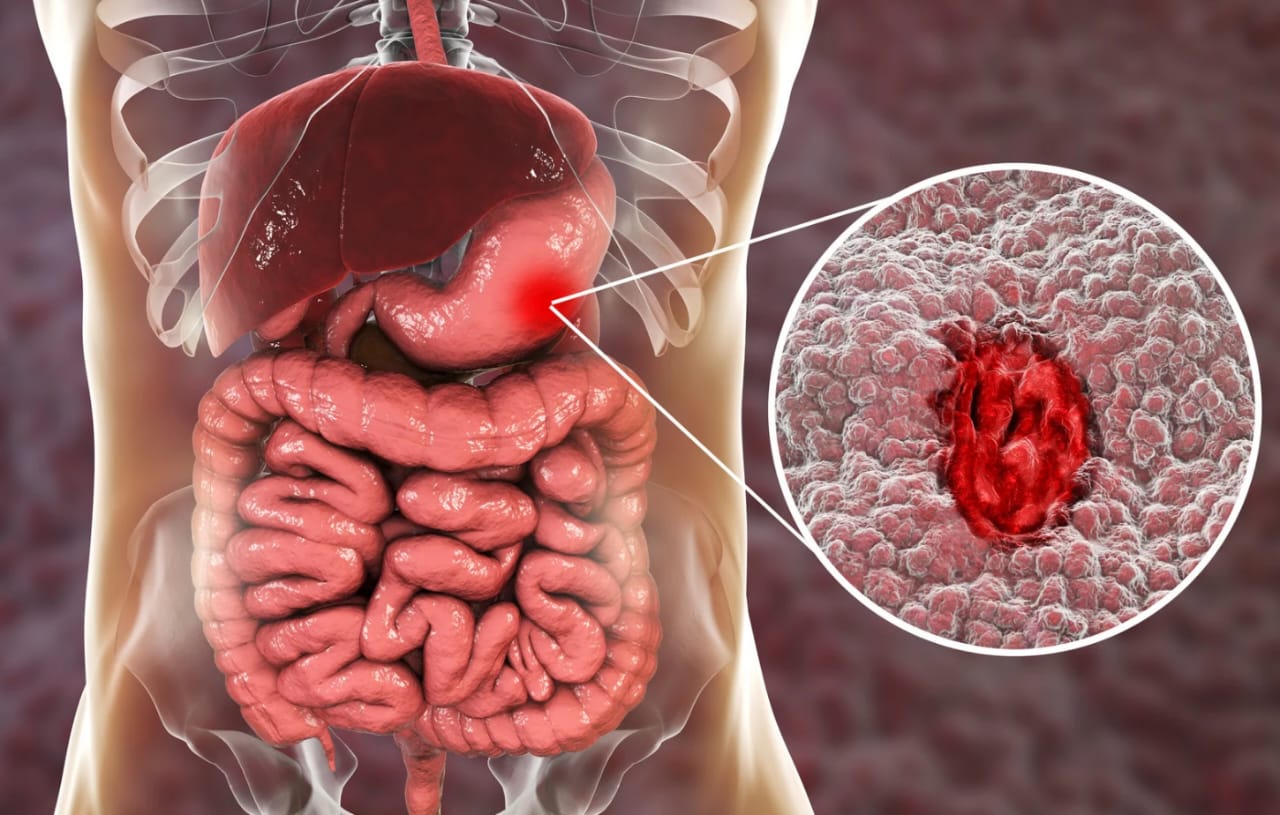
Treatments offered by a Gastroenterologist
A Gastroenterologist provides a range of specialized treatments for various digestive disorders, ensuring optimal gastrointestinal health for their patients. With a straightforward approach, they meticulously diagnose and manage conditions such as acid reflux, ulcers, Crohn's disease, and colorectal cancer. Gastroenterologists employ advanced endoscopic techniques to examine the esophagus, stomach, and intestines, allowing precise identification of abnormalities. Through rigorous evaluation, they tailor individualized treatment plans that may involve medication, dietary modifications, or minimally invasive procedures. These specialists also offer therapies for liver diseases, cbd stones, and pancreatitis, combining their expertise with cutting-edge technology to deliver reliable and effective interventions. Dedicated to comprehensive care, Gastroenterologists play a vital role in promoting optimal digestive health and improving their patients' quality of life.

What makes Gastroenterologists different?
The unique training that Gastroenterologists complete provides them with the ability to provide high quality, comprehensive care for patients with a wide variety of gastrointestinal ailments. Gastroenterologists perform the bulk of research involving gastrointestinal endoscopic procedures as well as the interpretation of results, and are considered experts in the field.
Gastroenterologist are expert in performing upper GI Scopy Colonoscopy and other Endoscopic Procedure Bleeding Abdominal Complaints, Liver Cirrhosis and other GI ailments.
Gastroenterologist can provide accurate GI scopy examinations by upper and lower GI scopes for various conditions like bleed, Polyps, Abdominal Complaints.
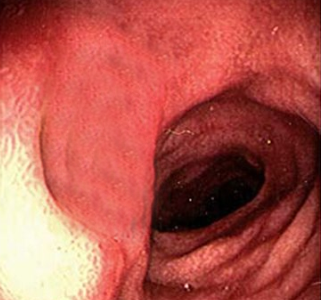 After
After 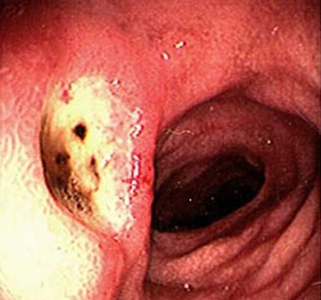 Before
Before Drag
Why choose Gastroenterologist Dr. Raajeev Hingorani for GI Issues?
Dr. Raajeev Hingorani is widely regarded as the best gastroenterologist in Mumbai due to his exceptional expertise and impeccable track record in the field. With a straightforward approach to diagnosis and treatment, Dr. Hingorani has gained a reputation for providing accurate and effective medical care to his patients. His extensive knowledge of gastrointestinal disorders, combined with an unwavering commitment to staying abreast of the latest advancements in his field, enables him to offer the highest standard of care to individuals suffering from various digestive ailments. Driven by a deep understanding of each patient's unique needs, he employs a descriptive style when discussing medical conditions, ensuring that his patients are well-informed and actively involved in their own healthcare decisions. Dr. Hingorani's dedication to delivering comprehensive and personalized care, coupled with his direct and honest approach, has made him the go-to gastroenterologist for individuals seeking unparalleled expertise and compassionate treatment in Mumbai.
Book an Appointment at Gastronaut Clinic

